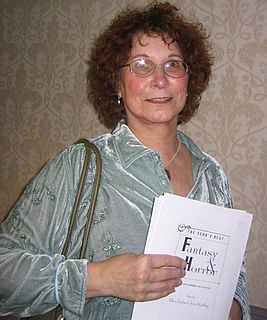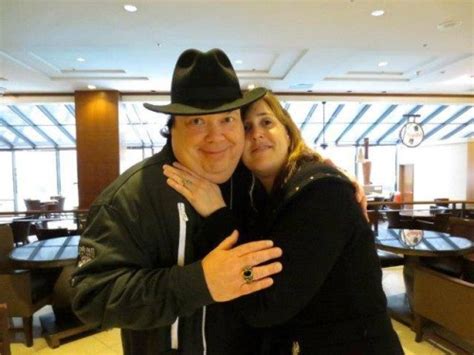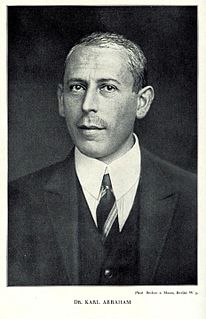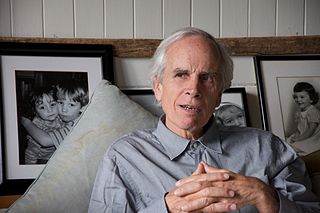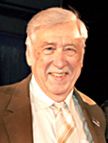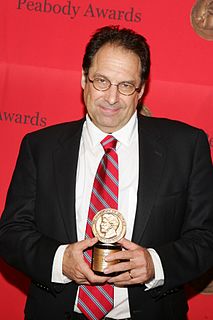A Quote by Joan D. Vinge
Here was a fragment of Goddess myth that, through all its permutations, had somehow escaped being turned on its head. It was the perfect springboard for the sort of novel I wanted to write.
Related Quotes
To all my friends, readers, and students: I apologize for not being able to write you directly, however the God and Goddess have given me new challenges to face. Upon hearing of all the support you are giving me, I am unimaginably grateful. I have no doubt that while there will be challenges to come, the God and Goddess will not be bringing me to the Summerland anytime soon. In perfect love and in perfect trust, Donald Michael Kraig
I always was interested in prose. As a teenager, I published short stories. And I always wanted to write the long short story, I wanted to write a novel. Now that I have attained, shall I say, a respectable age, and have had experiences, I feel much more interested in prose, in the novel. I feel that in a novel, for example, you can get in toothbrushes and all the paraphernalia that one finds in dally life, and I find this more difficult in poetry.
Now you mustn't think that I don't have any ideas for novels in my head. I've got ideas for ten novels in my head. But with every idea I have, I already foresee the wrong novels I would write, because I also have critical ideas in my head; I've got a full theory of the perfect novel, and that's what stumps me.
